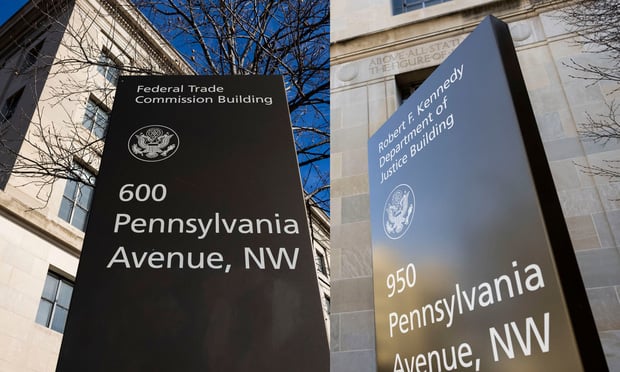A health savings account (HSA) is a trust created exclusively for the purpose of paying qualified medical expenses of an account beneficiary. An eligible individual or an employer may establish an HSA with a qualified HSA custodian or trustee. The popularity of HSAs has only grown since the benefit's inception. In fact, as of December 31, 2021, the Employee Benefit Research Institute's (EBRI) HSA Database contained 13.1 million accounts with total assets of $39.5 billion.
|Even COVID-19 couldn't slow HSA participation. EBRI reported that, despite increased health care spending in the wake of the pandemic, average balances in HSAs increased since 2020, rising from $3,622 to $4,318 in 2021. And, encouragingly, the share of accountholders who invest their HSAs has crept steadily upward since EBRI began analyzing its HSA Database.
|Related: Seasonal allergies are nothing to sneeze at: Help employees find relief with FSA and HSA funds
Are you advising your employees correctly when it comes to health savings accounts? In the gallery above are 10 important tax and financial planning questions and answers employers should be aware of regarding this important employee benefit. The following is content pulled from ALM's Tax Facts Online that answers some of the most important questions surrounding HSAs.
Complete your profile to continue reading and get FREE access to BenefitsPRO, part of your ALM digital membership.
Your access to unlimited BenefitsPRO content isn’t changing.
Once you are an ALM digital member, you’ll receive:
- Critical BenefitsPRO information including cutting edge post-reform success strategies, access to educational webcasts and videos, resources from industry leaders, and informative Newsletters.
- Exclusive discounts on ALM, BenefitsPRO magazine and BenefitsPRO.com events
- Access to other award-winning ALM websites including ThinkAdvisor.com and Law.com
Already have an account? Sign In
© 2024 ALM Global, LLC, All Rights Reserved. Request academic re-use from www.copyright.com. All other uses, submit a request to [email protected]. For more information visit Asset & Logo Licensing.








